S.3.2
The student analyzes and interprets data to derive meaning, identify features and patterns, and discover relationships or correlations to develop evidence-based arguments or evaluate designs.
The student is expected to:
- Plus Plan
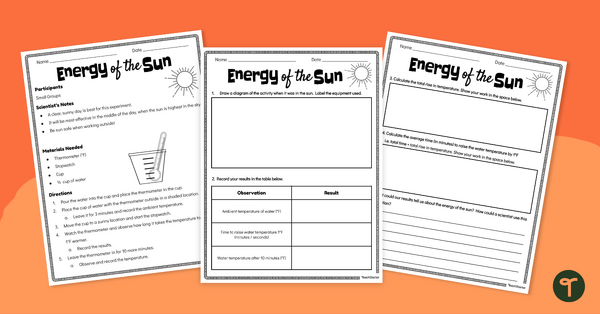
Energy of the Sun Worksheet
Investigate and record the amount of energy from the sun with this science experiment for kids.
- Plus Plan
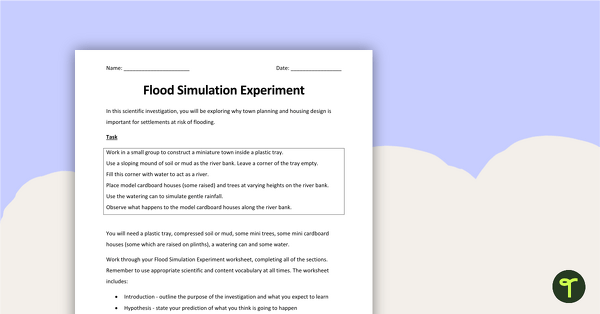
Natural Disasters - Flood Simulation Experiment
A hands-on experiment to use when exploring natural disasters.
- Free Plan
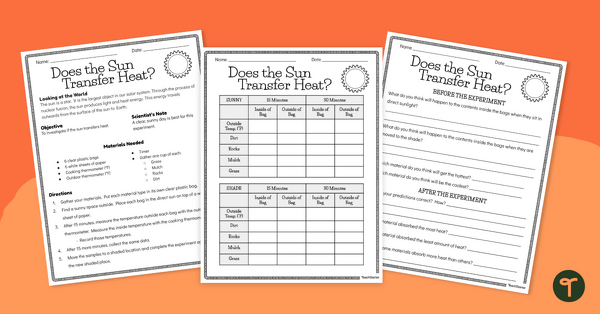
Does the Sun Transfer Heat? – Science Experiment
Discover how the sun transfers thermal energy and which objects absorb more heat with this science experiment for kids.
- Plus Plan
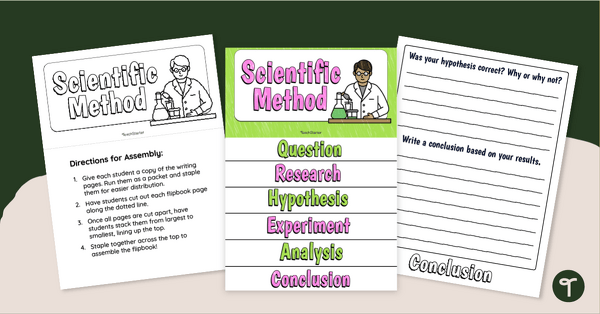
Scientific Method Flip Book Template
Create a Scientific Method Flip Book to record scientific predictions, observations, and conclusions with a printable science flip book template.
- Plus Plan

PowerPoint on the Scientific Method - Thinking Like a Scientist
Introduce your students to the scientific process with an interactive PowerPoint on the scientific method.
- Plus Plan
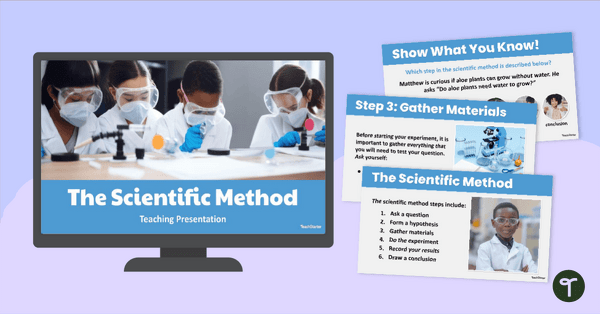
Exploring the Scientific Method Teaching Slides - Lower Grades
Complete your introductory scientific method lesson plan with a ready-made Scientific Method Teaching Presentation!
- Plus Plan
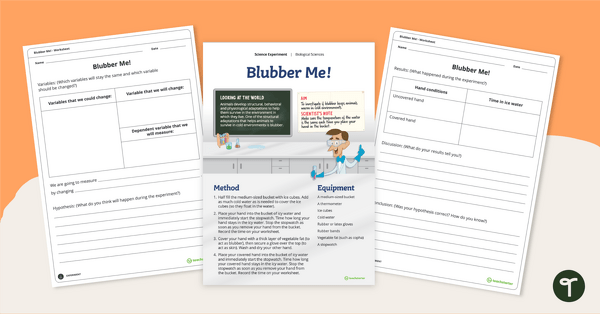
Animal Blubber Experiment - Polar Adaptations Activity
Explores the structural adaptation of blubber with an Arctic Animal Adaptation experiment..
- Plus Plan
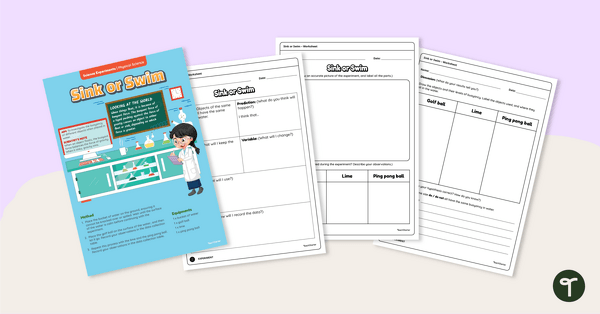
Buoyancy Experiment – Sink or Swim
Use this practical buoyancy experiment when teaching your students about why some objects float in water while others sink.
- Plus Plan
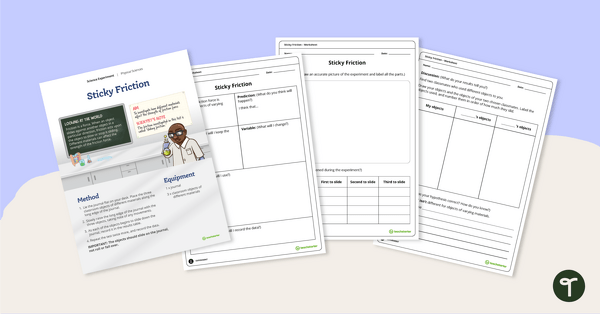
Friction Experiment - Sticky Friction
Use this engaging friction experiment when teaching your students about sliding friction and the effect it has on the movement of objects.
- Plus Plan
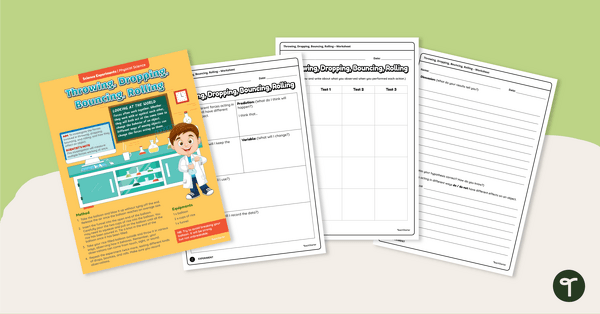
Force and Motion Experiment – Throwing, Dropping, Bouncing, Rolling
Use this hands-on force and motion experiment when teaching your students about how forces influence the movement of objects.
- Plus Plan
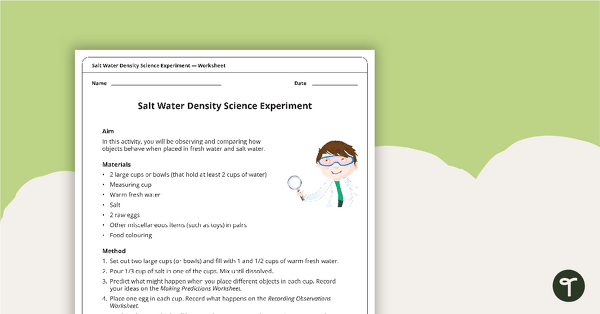
Salt Water Density Experiment
A hands-on science experiment about salt water density.
- Plus Plan
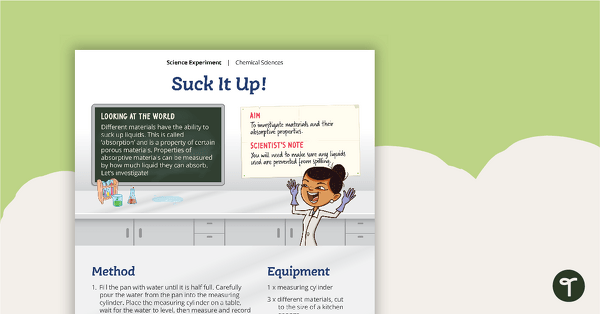
Science Experiment - Suck It Up!
A science experiment which investigates the absorptive properties of various materials.